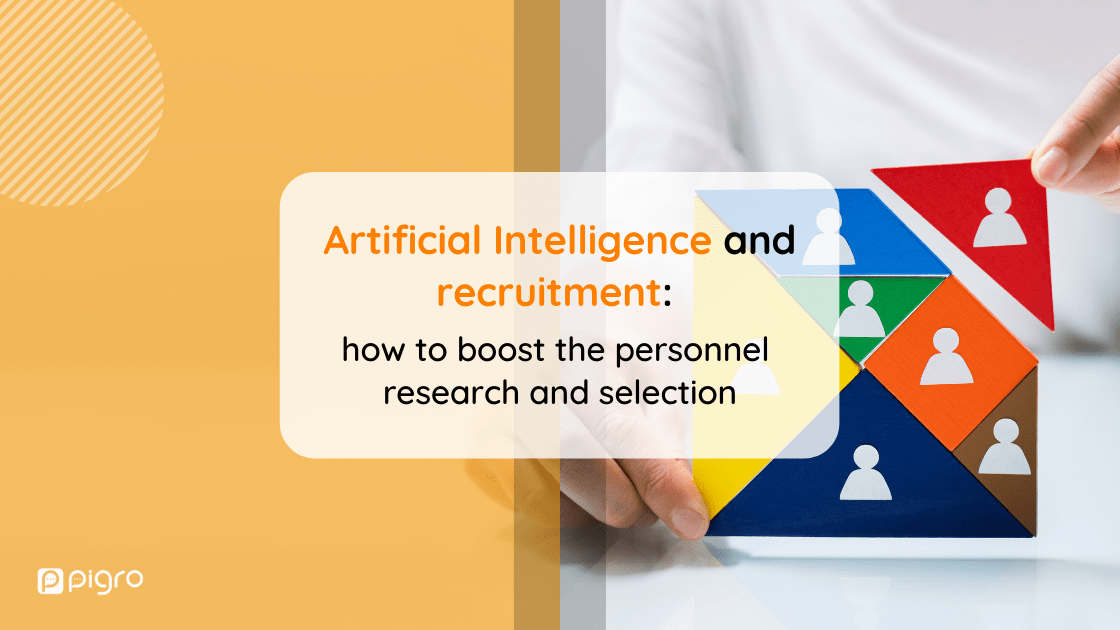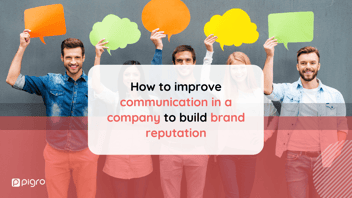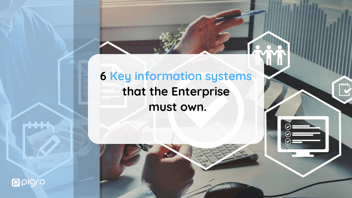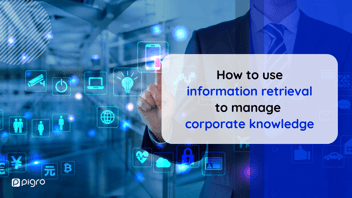In the light of new technological perspectives, Artificial Intelligence is a valid ally in the active search for work.
Thanks to the immediate scanning of keywords related to hard skills and soft skills, present in your résumé or professional profile, A.I. reveals the employability index as required by the most important companies and Tech enterprises.
Self-assessment: the first step to finding the right job
The need to self-assess one's professional skills is the first step in finding a new job or improving one's job position.
Self-assessment means becoming aware of one's own strengths/weaknesses and skills but, at the same time, it also involves becoming aware of the lack of (or poor) development of knowledge useful for a certain job position.
When you become aware of the training gap that prevents you from growing in a certain professional position or finding a job, you put in place a strategy to recover the necessary skills.
Once you have completed your self-assessment, the difficulties for the professional are not over.
During the active job search phase, how do you search for relevant work with your knowledge among the hundreds (or even thousands) of ads present?
What is the employability index and how is it measured by AI
Through Artificial Intelligence, it is possible to estimate the employability index of the worker, i.e., how much the worker's skills are in line with the hard skills and soft skills required for a certain professional figure. Specifically:
- hard skills are all those skills or knowledge acquired during school, advanced courses or with experience (given by the performance of a certain work task);
- soft skills are all those transversal skills, generally not acquired during school or work, but innate and related to the interpersonal sphere of the individual, or how he relates to others.
In this way, the worker can understand if he/she is suitable for a certain position or what skills he/she needs to develop in order to apply for a certain job. This will enable them to get valuable advice on how to find a job and to capture the knowledge that is not being cultivated.

Artificial Intelligence and recruiting operations
AI is now used in many companies from a wide variety of sectors, where it is, for example, used by human resources officers during recruiting processes.
According to an industry study, of the resumes received for an open position, 88% do not match the selection criteria. AI can be useful, for example, in this first skimming phase by drastically reducing the workload for HR staff.
Artificial Intelligence and talent acquisition
A further field of use of Artificial Intelligence is talent acquisition which, unlike recruiting, is a strategy that involves the search for talent, specialists and experts in the field in order to place them in the company in the long term, and not to fill a vacancy in the immediate term.
Also, in this case, AI algorithms can be used to analyze curricula, extract and organize the information they contain, in order to evaluate and compare the characteristics of candidates.
Why recruiters use Artificial Intelligence
Some of the activities that the Human Resources department can outsource to AI are:
- searching for candidates, who can be tracked through online job sites and social media, but this obviously takes time;
- the rediscovery of profiles of certain candidates, who have shown an interest in the company in the past;
- the verification of the profile of candidates for a certain position, with respect to which AI can be used to report any anomalies.
Human resources can derive several benefits from the use of Artificial Intelligence on such repetitive processes:
-
reduce time spent on certain tasks;
-
reduce costs;
-
optimize performance, i.e., be less affected by bias.
Artificial Intelligence and work
If until now Artificial Intelligence has been used mainly by human resources in recruiting processes, today this technology can also be used by workers, free of charge and online, to propose themselves to companies, in a more precise way and in focus with the company's requirements.
Thanks to the new technologies, the recruiting process is destined to become more democratic and within everyone's reach.
The workers have in fact the possibility to know which are their strengths and weaknesses and to work on them, improving hard skills and soft skills, required for a certain job role.
This tool supports you in the main aspects of how to find a new job allowing you to know the critical points and the potentialities of your resume.
Artificial Intelligence at the service of employees with PHDY
The recent introduction of this advanced self-assessment feature for one's own employability index has been the PHDY online project, created by the Adecco group in collaboration with Microsoft.
Before that, a similar assessment process, albeit less obvious, was also included by the LinkedIn (not coincidentally owned by Microsoft) and Google Hire platforms, used, however, by recruiters.
PHDY, on the market since 2019, is a platform based on Artificial Intelligence that helps you orient yourself in the professional sphere and acquire all the skills required by the labour market.
At the base of the system is the Artificial Intelligence that relates hard and soft skills (i.e. the skills and abilities that the user enters in their profile) of a candidate with a type of job.
Once enrolled in PHDY and entered their skills, the system will measure the training gap and potential compared to the skills required for a particular job.
The employability index will be estimated, i.e. the extent to which the candidate's hard and soft skills, required to manage a certain profession, coincide with the skills needed for a specific job role.
The more the candidate's skills reflect the professional profile required by the market, the higher the employability index will be.
The system also indicates any gaps in skills with respect to the desired occupation, suggesting how to fill them through additional content and courses.
However, it is possible to highlight a critical aspect of the platform: the lack of a shared language between PHDY and users.
In fact, a user could report his skills in a precise way using, for example, specific terminology for his field.
These terms (although correct) may not be considered valid by the system (which in turn uses other keywords) and the employability index of the user would be distorted.
Learn more: HR challenges between staff recruitment and onboarding
Do you want more information about Pigro? Contact us!



